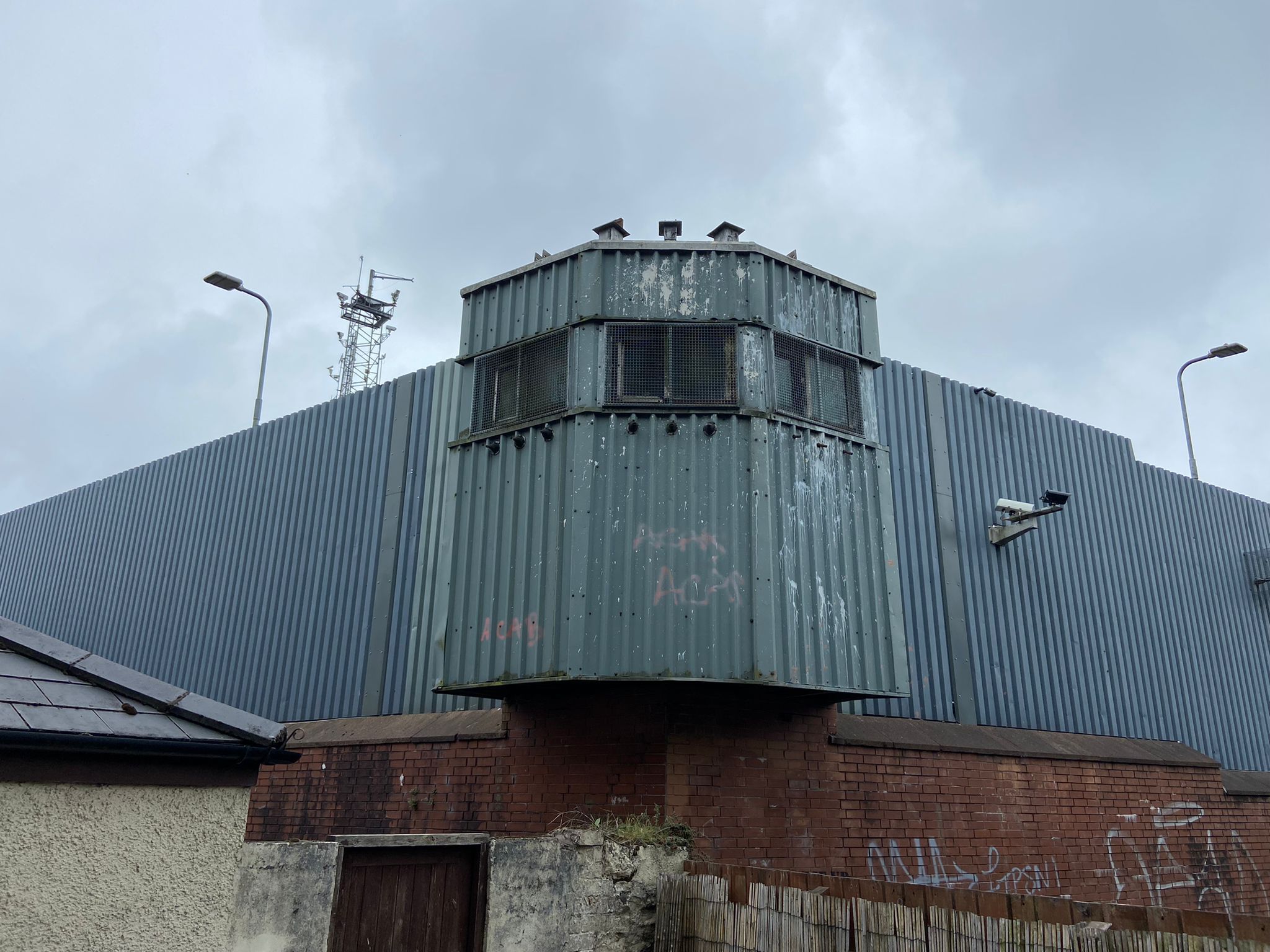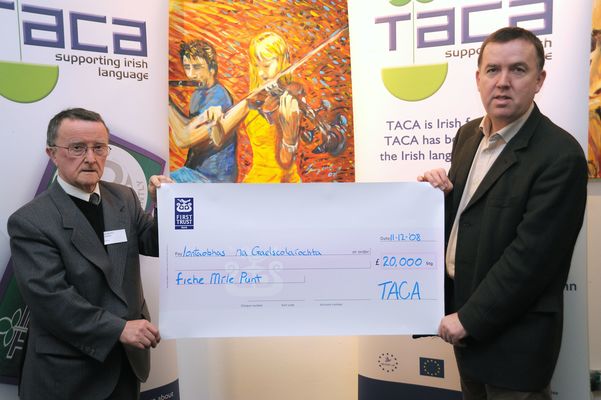The PSNI has drawn criticism from the Children's Commissioner as it remains tight-lipped over the recruitment and direction of child informants.
This week, police have refused to be drawn on the use of children as Covert Human Intelligence Sources (CHIS), citing health and safety concerns and issues of national security.
Police reliance on juvenile informants is publicly documented, with the practice first sanctioned in 2006. Sinn Féin Policing Board member Gerry Kelly expressed concern about the PSNI's child informant policy as recently as 2014.
The Andersonstown News submitted a series of questions about the practice in a Freedom of Information (FOI) Request to PSNI, which said it "can neither confirm nor deny that it holds the information" requested.
Commenting on the PSNI's response, the Northern Ireland Children and Young People's Commissioner, Koulla Yiasouma, expressed concern about the use of child informants, saying that it is "never appropriate for any child to be placed at risk in this manner".
She said children "should never be used as a Covert Intelligence Source by the PSNI or any other law enforcement agency."
"I have engaged extensively with PSNI and PONI on this matter and will continue to do so to ensure that young people are safe and their rights protected," she added.
Amongst our questions to the PSNI was a request to confirm the PSNI continues to use child informants and the amount of juvenile sources it currently has on its books.
We also asked the police how they identify potential juvenile informants, how they are recruited, and the age range of those involved.
The PSNI also refused to outline the amount it has spent on juvenile Covert Human Intelligence Sources in the current financial year, and what resources in deploys in providing "payments in kind" to recruits.
In its response, the PSNI the Freedom of Information Act (2000) does not apply to the information requested.
This a reference to the clause in the Act which applies exemptions to information that is deemed to prejudice national security agencies.
A duty to confirm or deny also "does not arise" if the information "would or would likely endanger the safety of an individual."
The PSNI said it uses "various tactical options" which "may or may not" include the use of juvenile CHIS" in the execution of its policing duties.
"The Police Service will never divulge whether or not information pertinent to this request does or does not exist, if to do so would place the safety of an individual(s) at risk, compromise an ongoing investigation or undermine the policing purpose in the effective delivery of operational law enforcement," police said.
"Whilst there is a public interest in the transparency of policing operations and investigations, providing reassurance that the Police Service is appropriately and effectively engaging with the threat from criminals, there is a very strong public interest in safeguarding the health and safety of individuals. As much as there is a public interest in knowing that policing activity is appropriate and balanced it will only be overridden in exceptional circumstances.
"Therefore, at this moment in time, it is our opinion that for these issues, the balance test for confirming nor denying that information is held is appropriate.
"However, this should not be taken as conclusive evidence that the information you requested exists or does not exist."








